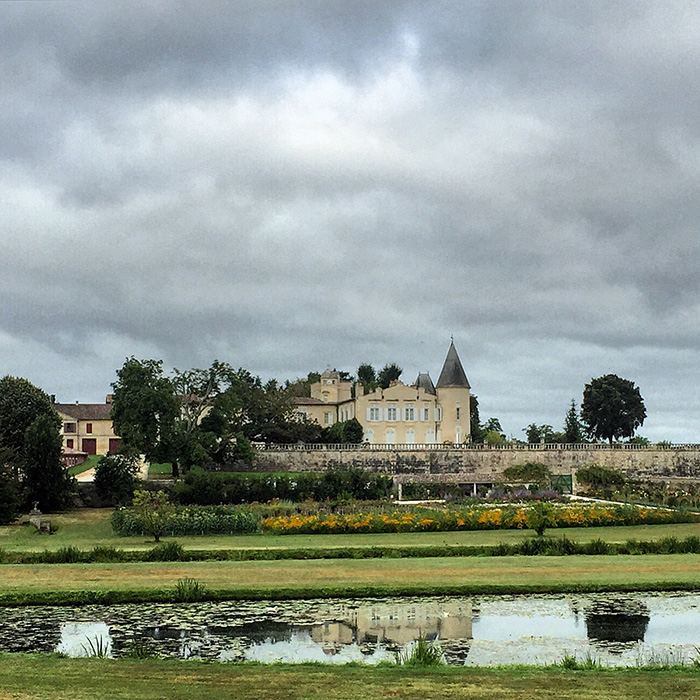Beyond Bordeaux: nay
Author: Peter Newton
Let’s start with a fundamental truth: life is too short to drink bad wine.
I could almost end my argument there, but there is perhaps a little more to it than that. You may have a yearning to know where makes good wine, or bad wine for that matter, but in the end it is recognised the world over that the so-called ‘classic’ regions are the absolute pinnacle of winemaking. Bordeaux, Burgundy and Barolo, tweaked and honed over hundreds of years, have become the benchmark against which every other wine region in existence compares itself. Oenophiles like you and me are ultimately interested in one thing, the pursuit of pleasure, and these regions have sacrificed thousands of man hours, generations of winemakers and considerable intellect to bring us the ultimate wine experience. When one considers this, venturing to other regions to compare tannin levels, fruit profiles or oak integration with those from the classic regions seems an altogether pointless exercise. If you have found the best, stick with it. We would all save a lot of time, money and disappointment if we just recognised a gift horse when we looked it in the mouth, and tasted it on the palate.
The argument for experimentation is a moot point here too, for it is not as if you cannot experiment within the classic regions. There are myriad different styles and price points to look at, and indeed it would actually increase your enjoyment of classic wines to understand a little more about them, rather than dilly dally with less successful regions. Without wishing to be too clichéd, is it not better to find someone you love and then stick with them, all the time discovering new and exciting layers to their personality as you get to know them better? A successful marriage is so much more satisfying than a string of shallow relationships – and before you say yes, but shallow relationships are fun – in the wine world they are invariably frustrating too. Perhaps when one is starting out it is human nature to play the field (or vineyard), but in the end we will always come back to what we know best, what makes us feel most comfortable and what gives us the most satisfaction.
So whether your tipple of choice is Bordeaux, Burgundy, Barolo or Brunello there is no need to feel you have to try imitations. Instead experiment within those areas and your appreciation of the best things in life will become infinitely more rewarding.




Surely this is a wind-up/construct of sorts and the author doesn’t actually believe what he’s written? This is the sort of thing that gives wine drinkers such a bad name and people who do think like this are almost certainly ones who in a Judgement of Paris setting would end up plumping for the Stag’s Leap.
But obviously no one can seriously suggest that you should go through life drinking wine from a handful of grapes across four regions and never taste L’Ermita, Unico, Grange, Clos Ste Hune, Rayas, Ridge, Le Meal, Sine Qua Non and others. Not least because ‘the best’ is so subjective and not an indisputable fact as this seems to suggest.
Dear Mr Evans,
Thank you for your comment. I did, in this case, ask both Peter and Martyn to play Devil’s advocate in writing their respective pieces. I felt that these were two extreme views that one can find among wine drinkers, and that it would be interesting to explore them. I can assure you that Peter certainly doesn’t limit himself to the wines of Bordeaux and Burgundy.
Kind regards,
Sophie
Editor
The answer is simple : do try different wines to extrapolate on what you like, but rely on someone reliable to guide as to what. BBR and the wine society are among the best, and there are many others. Also independent reviewers like Matthew Jukes or a properly trained sommelier in any decent restaurant will help explore within safe limits. Perhaps not to be trusted are supermarkets or commercial wine “clubs” whose interests lie in peddling volume. Also choosing by price and label is highly precarious, though one of my best discoveries by label was by my five year daughter recommending Ata Rangi’s Crimson based on the endangered species of flower on the bottle!